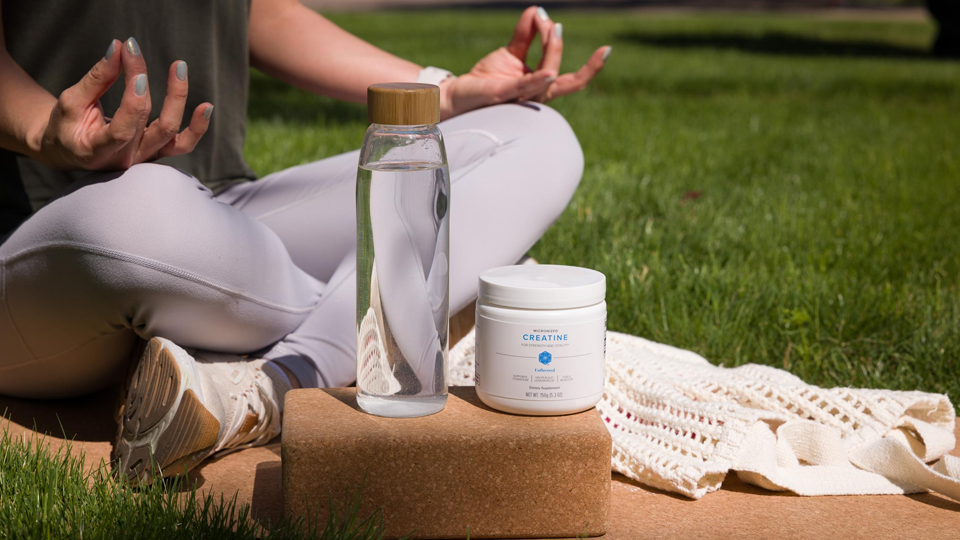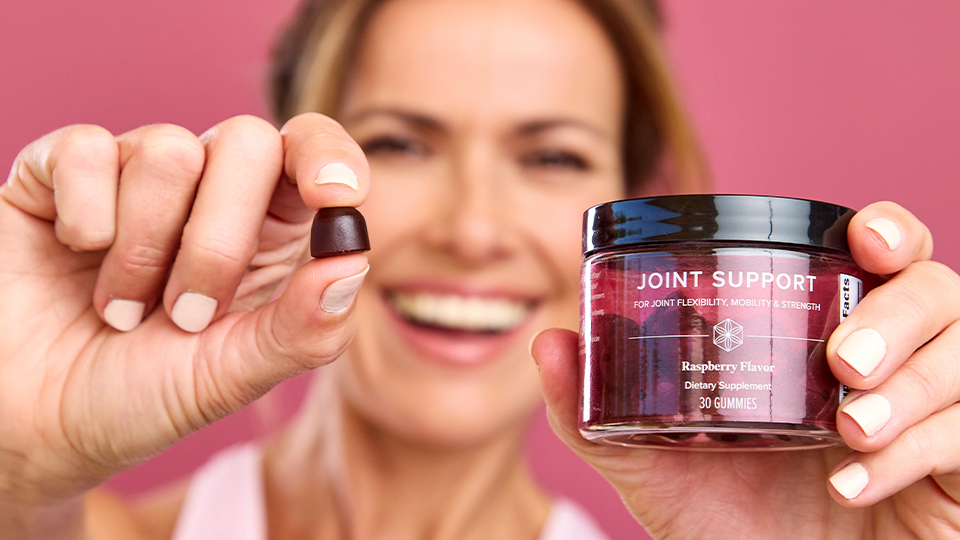While many believe using carbohydrates in the form of sugar is better served for longer-termed endurance exercise, new evidence is showing that enjoying a bit of the sweet stuff can also benefit both short- and long- duration exercise like your average gym workout.
Short exercise durations, in theory, shouldn’t require large amounts of carbohydrates, whereas long duration exercise, is fueled mostly by fat. So why should you consume sugar at all? The reason is that simple carbohydrates can drive and enhance exercise performance, which is why they are still part of the regular supplementation regimen for the vast majority of top athletes.
The majority of studies that have investigated carbohydrates and performance show improved performance exercise less than one hour according to a recent review paper by Trent Stellingwerff and Gregory Cox, published in the journal of Applied Physiology, Nutrition, and Metabolism (1). The authors noted that even having a simple carbohydrate mouthwash can improve performance in events from 30 to 60 minutes and this effect has been replicated in several other performance studies (1).
Part of the reason sugar works has to do with signals to the brain, the authors suggest. Sugar appears to activate reward centers in the brain. Brain activity and performance expert Edward Chambers of the University of Birmingham describes carbohydrate’s effect this way: “CHO mouth-washing from both sweet tasting glucose and non-sweet maltodextrin can stimulate the brain areas of the insula/frontal operculum, orbitofrontal cortex and striatum, which are involved with brain centers responsible for reward and motor control .” (2) In this way, sugar helps athletes to concentrate and keeps their nerves steady for better control and movement. Likewise, other studies on performance and perceived exertion have found similar benefits all of which support the idea that the sugar’s main exercise-enhancing benefit does not occur in the working muscles themselves, but rather in the brain (3).
How much to consume during short-duration workouts? There’s no need to overdo it. A maximum of 30 grams of carbohydrate per hour or a mouthful every eight-to-10 minutes is suggested by Stellingwerff and Cox (1). (That’s like basically sipping on Isagenix Replenish about every 10 minutes during intense and shorter workouts for maximal benefit.)
What about exercise that lasts 60 minutes or longer? There is no question that endurance athletes will benefit for a lot more carbohydrates during exercise. For them, the best results come from combining a mix of simple carbohydrates (glucose and fructose together) as it’s easier to absorb across the gut (4). The advantage of using both glucose and fructose is that the carbohydrates are absorbed by different transporters during digestion. In a mix, carbohydrate ingestion results in 20 to 50 percent higher oxidation rates compared to the just plain glucose or maltodextrin (4).
Optimal amounts of carbohydrates for endurance or long-duration exercise is about 60 grams per hour, but even at 10 grams there is a notable increase in performance (5). (In other words, drink Replenish liberally when running, cycling, or playing team sports!)
One other thing that carbohydrates can help with is improving athletic recovery. Part of the way carbohydrates help is by reducing hormonal stress during and in response to exercise. Several human studies, in fact, suggest that carbohydrates offset the suppression of the hypothalamic-pituitary-gonadal axis and the rise in stress hormones (like cortisol) during periods of intense training (6).
That’s all good news for athletes who love gulping down on a delicious sports drink (like Replenish and e+ shots) during a gym workout. But one word of caution is that it can be a little too easy to overdo it. Athletes who are working on losing weight, for example, will need to be sure that sugar calories during exercise don’t cause them to exceed their discretionary calories for the day.
With a little planning, however, athletes can take advantage of sugar’s sweet effects on the brain, on hormones, and on overall exercise performance. No matter how long the duration of the exercise, a little sugar will improve performance and make exercise more productive.
References
- Stellingwerff T, Cox GR. Systematic review: Carbohydrate supplementation on exercise performance or capacity of varying durations 1. Applied Physiology, Nutrition, and Metabolism 2014;39:998-1011.
- Chambers ES, Bridge MW, Jones DA. Carbohydrate sensing in the human mouth: effects on exercise performance and brain activity. The Journal of Physiology 2009;587:1779-94.
- Fares EJ, Kayser B. Carbohydrate mouth rinse effects on exercise capacity in pre-and postprandial states. Journal of Nutrition and Metabolism 2011.
- Jeukendrup AE. Carbohydrate and exercise performance: the role of multiple transportable carbohydrates. Current Opinion in Clinical Nutrition & Metabolic Care 2010;13:452-7.
- Smith JW, Pascoe DD, Passe DH et al. Curvilinear dose-response relationship of carbohydrate and performance. Medicine & Science in Sports & Exercise 2013;45:336-41.
- de Sousa MV, Madsen K, Simes HG et al. Effects of carbohydrate supplementation on competitive runners undergoing overload training followed by a session of intermittent exercise. European Journal of Applied Physiology 2010;109:507-16.





